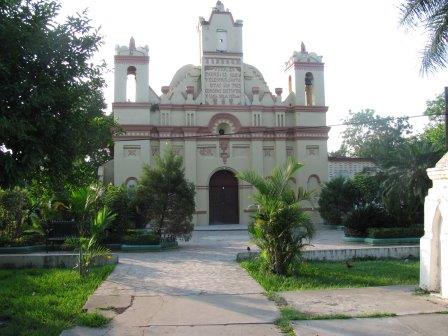
There are no reliable Honduran government statistics on the religious affiliation of the citizens of Honduras. Nevertheless, most surveys find that most of the population classifies itself as Roman Catholic, with a growing minority classifying itself as belonging to another Christian church of one form or another.
The U.S. State Department reports the following poll:
In a 2007 nationwide survey, CID-Gallup reported that 47 percent of respondents identify themselves as Roman Catholics, 36 percent as evangelical Protestants, and 17 percent either provide no answer or consider themselves ‘other.’ The principal religious groups are Catholic, Episcopal, Lutheran, Jehovah’s Witness, Mennonite, the Church of Jesus Christ of Latter-day Saints (Mormon), and approximately 300 evangelical Protestant groups. The most prominent evangelical churches include the Abundant Life, Living Love, and Great Commission Churches. A growing number of evangelical churches have no denominational affiliation. The National Association of Evangelical Pastors represents the evangelical leadership. There are small numbers of Muslims and Jews. San Pedro Sula has a mosque and a synagogue, and Tegucigalpa has a synagogue.
As outlined below, the freedom of religion is enshrined in the Honduran Constitution and the country does not have an official religion. The Constitution establishes a “secular” government. Nonetheless, the Roman Catholic Church and a cooperative of evangelical churches—called the Evangelical Confraternity of Honduras (Confraternidad Evangélica de Honduras)—have significant political muscle and have received certain benefits from the state. There are approximately 300 distinct evangelical churches, about 90% of which belong to the Honduran Evangelical Confraternity.
For more, see Republic of Honduras: Law and Religion Framework Overview.